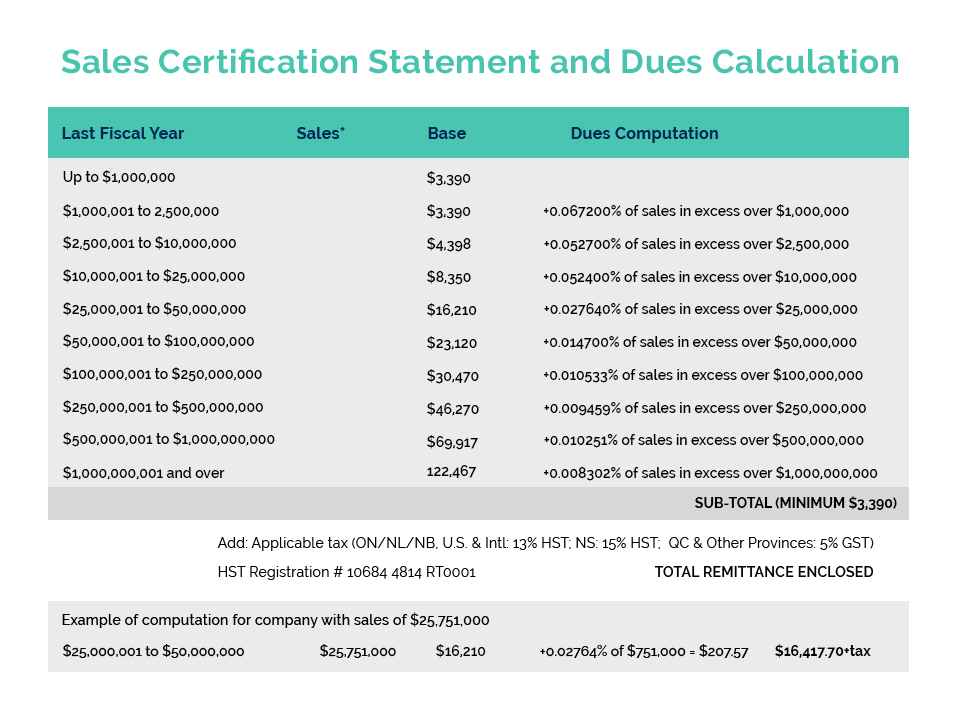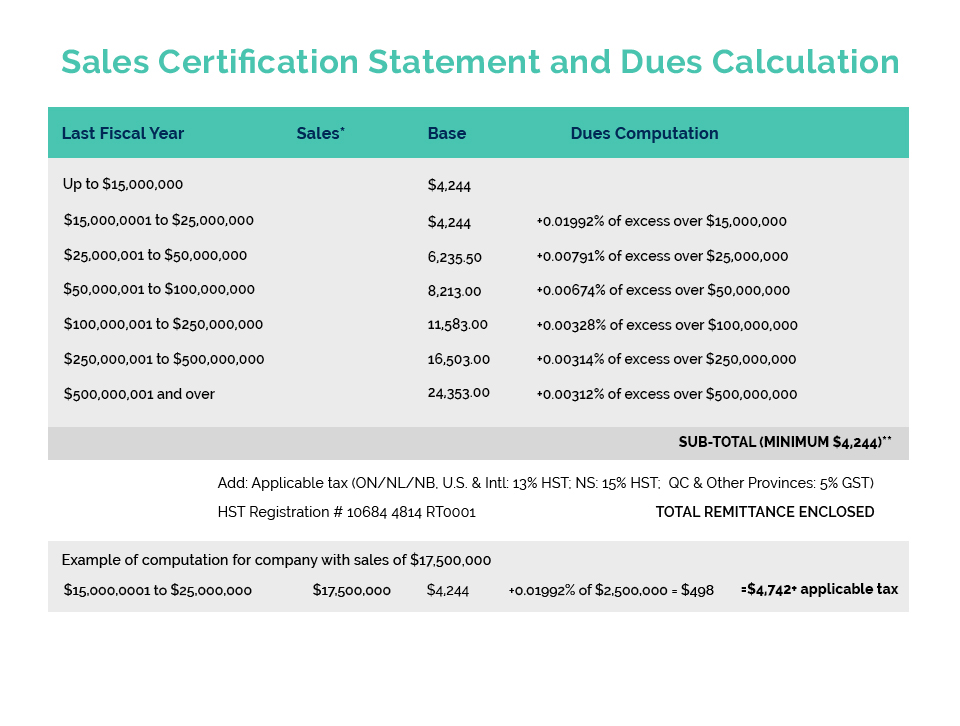The European Commission has officially adopted measures to restrict microplastics intentionally added to products under the EU chemical legislation REACH. The regulation was published yesterday, September 27, and comes into force on October 17, 2023.
The new rules aim to prevent the release into the environment of about half a million tonnes of microplastics. They will prohibit the sale of microplastics as such, and of products to which microplastics have been added on purpose and that release those microplastics when used. When duly justified, derogations and transition periods for the affected parties to adjust to the new rules apply.
The adopted restriction uses a broad definition of microplastics – it covers all synthetic polymer particles below five millimeters that are organic, insoluble and resist degradation. The purpose is to reduce emissions of intentional microplastics from as many products as possible. Some examples of common products in the scope of the restriction are:
- The granular infill material used on artificial sport surfaces – the largest source of intentional microplastics in the environment;
- Cosmetics, where microplastics is used for multiple purposes, such as exfoliation (microbeads) or obtaining a specific texture, fragrance or colour;
- Detergents, fabric softeners, glitter, fertilizers, plant protection products, toys, medicines and medical devices, just to name a few.
Products used at industrial sites or not releasing microplastics during use are derogated from the sale ban, but their manufacturers will have to provide instructions on how to use and dispose of the product to prevent microplastics emissions.
Next Steps
The first measures, for example the ban on loose glitter and microbeads, will start applying when the restriction enters into force on October 20th. In other cases, the sales ban will apply after a longer period to give affected stakeholders the time to develop and switch to alternatives.
Why this is important for CA members:
While this EU restriction is about microplastics, the definition of what is a microplastic is extremely broad reaching because it covers all solid polymer microparticles (i.e., not just plastics but polymers more broadly). Clearly, this is far broader than our microbeads regulations in Canada. As such, this could be precedent setting and other regulators around the world could look to emulate these restrictions.
CA will continue to express to our Canadian regulators that any consideration of action against microplastics more broadly must be subject to further scientific and regulatory due process and extensive consultation. If members have any question, please contact your Regulatory Team.







